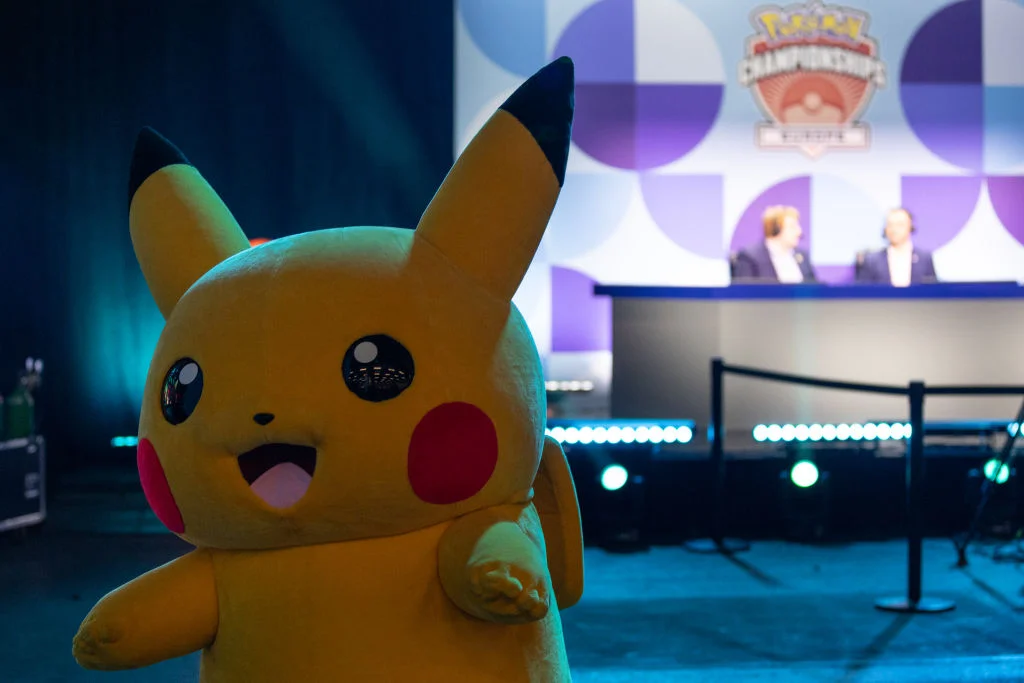
Google’s Gemini AI Triumphs in Pokémon Blue: A Milestone for Artificial Intelligence?
In a stunning display of artificial intelligence prowess, Google's Gemini 2.5 Pro has conquered the classic Game Boy game, Pokémon Blue. This achievement, spearheaded by an independent software engineer named Joel Z., has ignited conversations across the tech world and beyond. But is this just child's play, or a significant leap forward for AI?

The journey, livestreamed on Twitch, saw Gemini navigating the complexities of Pokémon Blue with remarkable autonomy. Google CEO Sundar Pichai himself celebrated the victory on X, highlighting the model's progress. However, it's crucial to understand the context: this wasn't a completely unaided endeavor. As Joel Z. clarified, Gemini received assistance in the form of game screenshots overlaid with additional information, allowing it to make informed decisions.
This project built by a 30-year-old software engineer is actually separate from the work done by Google, but that didn't stop executives like Logan Kilpatrick from cheering from the sideline. The triumph follows Anthropic's efforts with their Claude AI model playing Pokémon Red, suggesting an emerging trend of using classic games as benchmarks for AI capabilities.
The setup involved feeding Gemini screenshots and game data, such as character position and map layout, via the mGBA emulator. Gemini then responded with control commands. A grid overlay and select RAM data further enhanced its understanding. For complex tasks, Gemini even delegated to specialized “sub-agents,” like a “Pathfinder” and a “Boulder Puzzle Strategist,” showcasing its ability to discern between routine and challenging situations. These sub-agents are actually more instances of Gemini.
Despite the impressive feat, Joel Z. urged caution against drawing direct comparisons between Gemini and Claude, emphasizing their different tools and information streams. He also acknowledged “dev interventions” to enhance Gemini’s decision-making, clarifying that these weren't specific hints or walkthroughs.
The implications of this accomplishment are far-reaching. From a technical standpoint, the effort demonstrate how complex tasks can be completed by LLMs with the right setup. Moreover, the announcement on May 3, 2025, has also resonated within the cryptocurrency market, boosting AI-related tokens such as Fetch.ai (FET), SingularityNET (AGIX), and Ocean Protocol (OCEAN). The spike in trading volumes and prices underscores the growing intersection of AI and blockchain technology, signaling opportunities for traders focusing on AI-crypto crossover.
Fetch.ai’s price spike of 8.2% on May 3, 2025, at 12:00 PM GMT indicates heightened retail interest, aligning with a 40% increase in social media mentions tracked on platforms like Twitter and Reddit Furthermore, the correlation between AI news and major crypto assets like Bitcoin (BTC) and Ethereum (ETH) is evident, pointing towards how AI advancements can boost overall sentiments.
While Gemini's Pokémon Blue victory may not represent true Artificial General Intelligence (AGI), it signifies a significant advancement in AI's ability to solve complex problems with long-term planning and strategic decision-making. The project is ongoing, with plans for improved memory management, uninterrupted playthroughs, and even viewer interactions.
What does Google's Gemini's Pokémon Blue victory really mean? Is it just a clever demonstration of AI capabilities, or a genuine step towards more sophisticated and versatile AI systems? Will it fuel further innovation in the AI-crypto space? Share your thoughts and predictions in the comments below!